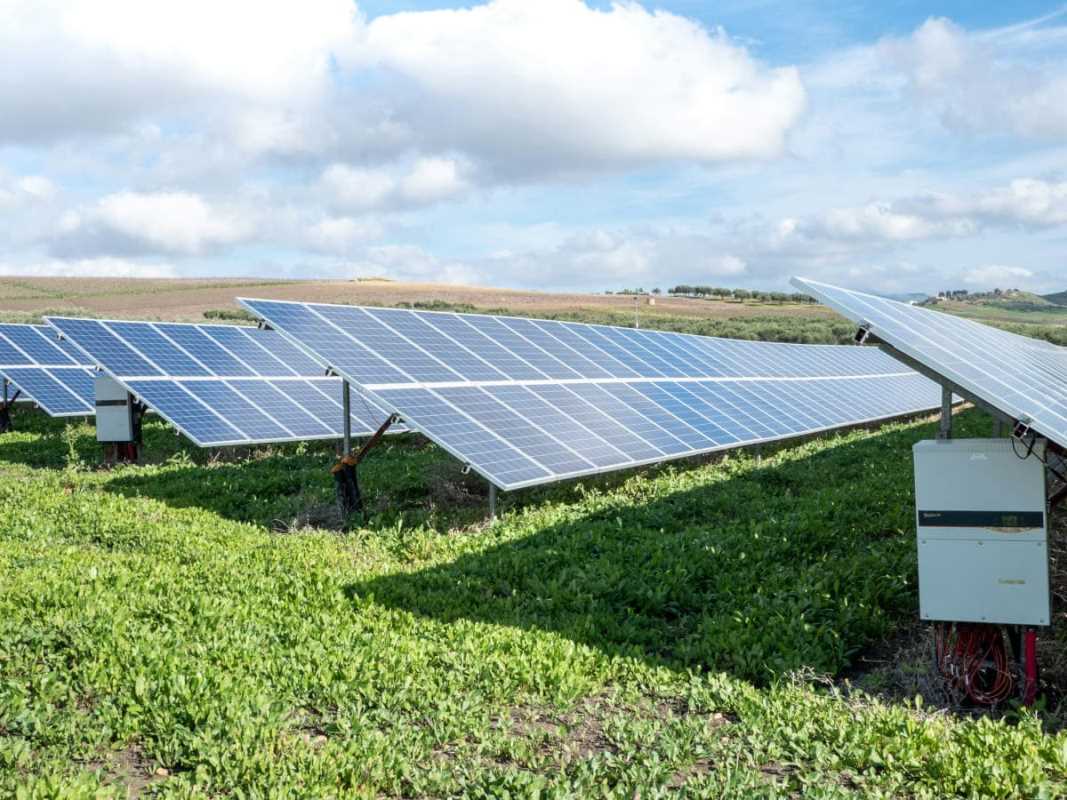Transitioning from a background in environmental science into the field of green technology is a natural and timely move for many professionals seeking to align their careers with global priorities. As industries around the world increasingly shift toward sustainable solutions, individuals with a deep understanding of ecological systems and environmental impact are well-positioned to lead the way. Rather than entering an entirely new space, these professionals are able to apply their existing knowledge—such as systems thinking, environmental data analysis, and scientific communication—to a sector that is rapidly expanding and evolving.
What makes this shift particularly appealing is the strong alignment between personal values and professional purpose. Many people drawn to environmental science do so out of a desire to create meaningful change and contribute to a healthier planet. Green technology provides the tools, platforms, and innovation pipelines to bring those ambitions to life. Whether it’s working on renewable energy systems, climate analytics, sustainable product design, or urban resilience planning, there are countless ways to apply your expertise and make an impact. At the same time, the sector offers exciting career development potential, from technical roles to leadership and entrepreneurship. For those ready to grow professionally while advancing ecological goals, the move into green tech represents both a smart career strategy and a deeply fulfilling opportunity.
Understanding the Intersection of Environmental Science and Green Tech
The blend of environmental science and green technology creates a dynamic space for innovation and sustainability. Here are some key aspects of this intersection:
- Renewable Energy Solutions: Engineers develop technologies like solar, wind, and bioenergy to reduce dependence on fossil fuels.
- Waste Management Innovations: Creators design systems for recycling, composting, and reducing industrial waste.
- Water Conservation Technologies: Experts implement methods for efficient water use and purification.
- Sustainable Agriculture: Technologists utilize tools to promote eco-friendly farming practices and crop management.
- Climate Monitoring Tools: Developers design devices and software to track environmental changes and predict trends.
Skills Transfer: Using Your Expertise
Your background in environmental science provides you with a strong foundation in understanding ecological systems, data analysis, and research methodologies. These skills transfer seamlessly to the green tech industry, where analyzing environmental impact and developing sustainable solutions hold great importance.
Your ability to communicate complex scientific concepts clearly can support collaboration with multidisciplinary teams. Embracing technical skills such as programming, project management, or proficiency in specific green technologies can further enhance your versatility and value in this sector.
Potential Career Paths in Green Tech Innovation
- Renewable Energy Engineer: Designers create and improve systems for harnessing renewable energy sources.
- Environmental Consultant: Advisors guide businesses on sustainability practices and regulatory compliance.
- Green Product Developer: Creators develop eco-friendly products from concept to market.
- Climate Data Analyst: Analysts interpret environmental data to inform policy and business decisions.
- Urban Sustainability Planner: Planners develop approaches for sustainable city planning and infrastructure.
Educational and Networking Opportunities
To transition smoothly into green tech, consider pursuing further education or certifications that align with your career goals. Specialized courses in renewable energy, sustainable design, or environmental technology provide the knowledge and credentials needed to stand out.
Networking holds equal importance. Engage with professional organizations, attend industry conferences, and participate in online forums to connect with like-minded professionals and potential mentors. Building a strong network opens doors to job opportunities, collaborations, and insights into the latest industry trends.
Pursuing a career in green technology lets you leverage your environmental science skills to drive sustainability. By exploring diverse paths and engaging with educational opportunities, you can significantly impact this vital industry.







